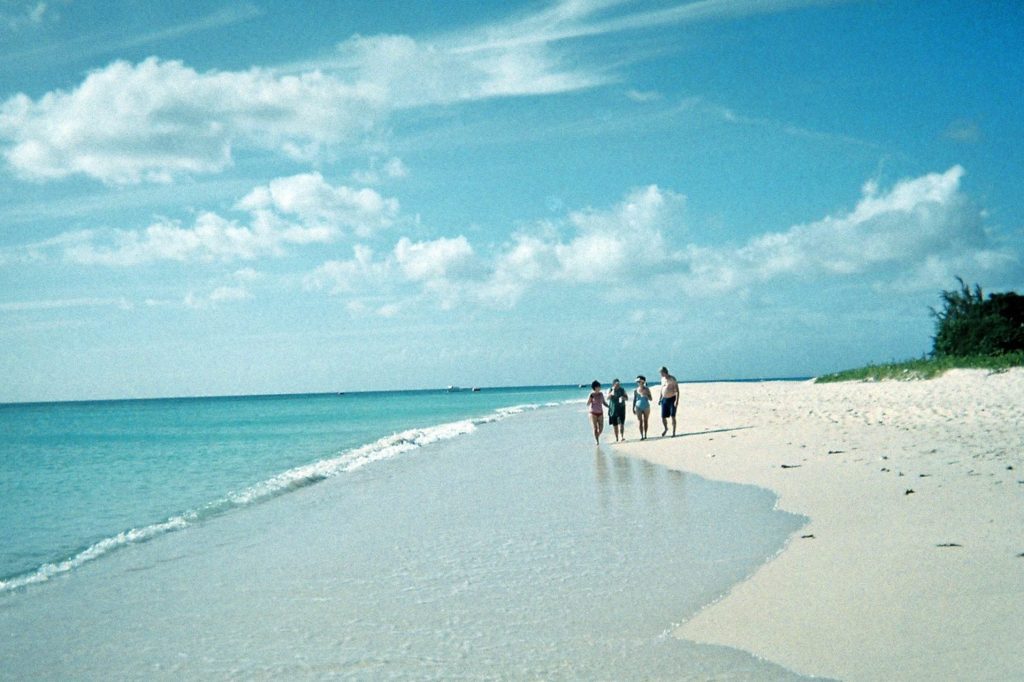Skift Take
Destinations in the Caribbean have been complaining about Britain's high airline passenger taxes and what it means to their business. Barbados is now dealing with the aftermath.
There is a very fine line when writing a column like this. The risk of being branded as a pessimist is high.
I only hope that readers will focus on the message that I am trying to convey and perhaps apply some of the content objectively to look at issues in a broader, more holistic way.
When I heard Barbados’ minister of tourism recently predict that he anticipated long stay visitor arrivals in 2013 should reach the same levels as last year, I was frankly surprised.
Look at our largest single market alone, the United Kingdom, which has already experienced a decline of 15,631 visitors in 2012, when compared with 2011.
In the first week of May, Virgin Atlantic brought forward from October 27 their planned change of aircraft on the Gatwick/Barbados route, by substituting the larger B747 aircraft with smaller A330 equipment, on each day of the week, except for Thursdays.
This immediately cuts up to 1,134 seats weekly and, by the end of December this year, could amount to almost 40,000 lost seats.
Put another way, we will lose airline capacity of nearly 23 percent or around one in four of all our British land-based arrivals annually, which in 2012 totalled 173,519 persons.
It is also not unreasonable to conclude that at least 50 percent of those lost seats could have been used by the largest tour operator into Barbados, Virgin Holidays.
Has anyone considered the incredible overall loss of occupied room nights this will bring to our hotels and the devastating financial consequence?
Needless to say, it’s not just the negative effect on our accommodation providers, but the trickledown effect it has on restaurants, attractions, activities, car rental, shopping, taxis, etc.
And at a time when the government most needs higher tax collection, the loss of non reclaimable VAT on all these tourism offerings.
It’s vaguely conceivable that our policymakers imagine they are going to make up the numbers from other major markets, like the USA and Canada, but this is extremely unlikely. Out of these two sources, there was negligible growth in 2012.
But sadly so far, in the first four months of 2013, there has been an average monthly decline of 11.9 percent from the United States and 9 percent from Canada.
Of course, we do not have the winter climatic advantage for most of the remaining eight months, so this trend is hardly likely to change without extensive cost-effective “consumer facing” marketing and a dramatic improvement in destination visibility overall.
Yes! There are a few rays of sunshine on the horizon. The Thomas Cook double-drop charters from Manchester and TUI flights from Hamburg, but these do not commence until November, and clearly will not come anywhere close to making up the Virgin deficit.
This scenario regrettably paints a very gloomy picture, but personally I believe we must start to face this reality and implement measures needed to redress this situation, rather than repeatedly utter predictions, which are at best whimsical and almost impossible to achieve with the status quo.
![]()
Have a confidential tip for Skift? Get in touch
Tags: barbados, taxes, virgin atlantic
Photo credit: The east coast of Barbados' 70 miles of beaches is rough and rocky along the Atlantic, but the Caribbean side on the west coast, shown here, is known as the Platinum Coast. Bob Downing / Akron Beacon Journal/MCT
